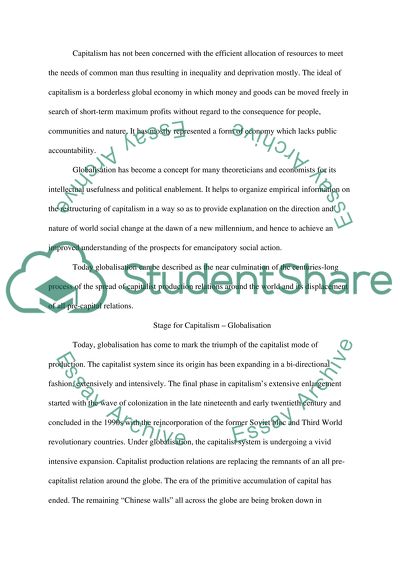Cite this document
(“Globalization as an ingrained culture of capitalism Essay”, n.d.)
Retrieved from https://studentshare.org/miscellaneous/1545425-globalisation-capitalism
Retrieved from https://studentshare.org/miscellaneous/1545425-globalisation-capitalism
(Globalization As an Ingrained Culture of Capitalism Essay)
https://studentshare.org/miscellaneous/1545425-globalisation-capitalism.
https://studentshare.org/miscellaneous/1545425-globalisation-capitalism.
“Globalization As an Ingrained Culture of Capitalism Essay”, n.d. https://studentshare.org/miscellaneous/1545425-globalisation-capitalism.


